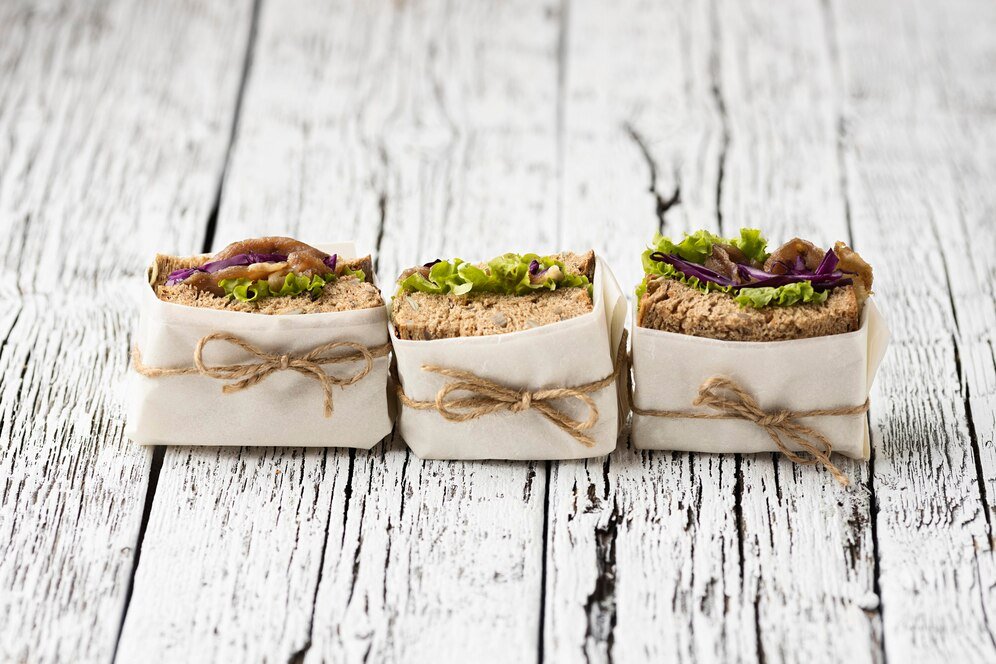Bentonite clay holds great value in health and skincare and industrial applications but its benefits extend to plant growth and health as well. Both farmers and gardeners now use Bentonite clay in their soil management practices because it improves water retention while simultaneously conditioning soil and adding essential minerals.
This guide provides a complete overview of Bentonite Clay benefits for plants including usage instructions and its compatibility with various soil types to answer the question of whether Bentonite Clay is beneficial for plants.
What is Bentonite Clay?
This naturally occurring volcanic ash known as Bentonite clay contains essential minerals including calcium, magnesium, potassium, and sodium. The substance can absorb water effectively which qualifies it as a superior soil amendment for agricultural and gardening applications.
🔗 Want to know how Bentonite Granules are made? Bentonite Granules Manufacturing Process
Benefits of Bentonite Clay for Plants
1. Enhances Soil Water Retention
Bentonite clay has a high cation exchange capacity (CEC), meaning it can hold onto water and nutrients for extended periods. This makes it particularly beneficial for sandy soils that struggle with water retention.
2. Improves Soil Structure
Adding Bentonite clay to soil can enhance aeration and prevent compaction, creating a better environment for root growth.
3. Provides Essential Minerals
Bentonite is naturally rich in calcium, magnesium, and potassium, which are crucial for plant health. These minerals help in chlorophyll production, root development, and overall plant growth.
4. Enhances Nutrient Availability
Bentonite clay can bind with nutrients and slowly release them over time, preventing nutrient leaching and improving fertilizer efficiency.
🔗 Want to boost your crop yield naturally? Check out Sulphur Bentonite Fertilizer
5. Reduces Soil Erosion
Bentonite clay binds soil particles together, reducing the impact of wind and water erosion.
6. Prevents Soil Salinity
By neutralizing excessive sodium, Bentonite can help in areas where soil salinity is a concern.
7. Enhances Microbial Activity
Bentonite creates a better habitat for beneficial soil microbes, which help in decomposing organic matter and promoting plant health.
How to Use Bentonite Clay for Plants?
The application of Bentonite clay depends on soil type, plant requirements, and environmental conditions. Here are a few effective ways to use it in gardening and farming:
1. Soil Amendment for Water Retention
- For sandy soil: Mix 5-10% Bentonite with soil to improve moisture retention.
- For clay soil: Use smaller amounts (around 2-3%) to prevent over-compaction.
2. Bentonite as a Fertilizer Carrier
Bentonite is often used as a carrier for fertilizers, allowing for slow nutrient release.
🔗 Want to learn more about fertilizer efficiency? Sulphur Bentonite Fertilizer Benefits
3. Bentonite for Composting
Mixing Bentonite with compost enhances its nutrient content, making it a more effective organic fertilizer.
4. Seed Coating with Bentonite Clay
Coating seeds with Bentonite clay helps improve germination rates and moisture retention in dry climates.
5. Bentonite for Hydroponics and Container Gardening
Adding Bentonite to hydroponic systems can help stabilize pH levels and increase nutrient availability.
Is Bentonite Clay Suitable for All Soil Types?
| Soil Type | Effect of Bentonite Clay | Recommended Use |
| Sandy Soil | Improves water retention and nutrient absorption | Use 5-10% Bentonite |
| Clay Soil | Helps break compacted soil but can increase density if overused | Use 2-3% Bentonite |
| Loamy Soil | Enhances fertility and aeration | Use 3-5% Bentonite |
| Saline Soil | Helps neutralize excessive salts | Apply periodically |
Potential Drawbacks of Using Bentonite Clay for Plants
While Bentonite offers many benefits, it’s important to be aware of some potential drawbacks:
1. Overuse Can Lead to Soil Compaction
Using excessive Bentonite in clay soils may cause the soil to become too dense, restricting root growth.
2. Nutrient Imbalance
Bentonite can bind certain nutrients too tightly, making them less available to plants.
3. High Sodium Content in Some Bentonite Varieties
Sodium Bentonite is highly absorbent but can increase soil salinity if used in large quantities. It’s best to use Calcium Bentonite for agriculture.
4. Not a Complete Fertilizer
While Bentonite enhances nutrient retention, it does not replace traditional fertilizers. It should be used in combination with organic or chemical fertilizers for best results.
Scientific Research on Bentonite Clay and Plant Growth
A study published in the Google Patents database highlights how Bentonite can improve soil quality, nutrient absorption, and plant growth-related traits.
🔗 Read the full study here: Use of Bentonite for Improving Plant Growth
Does Bentonite Clay Expire?
Bentonite clay is a natural mineral and does not expire in the traditional sense. However, improper storage can reduce its effectiveness.
🔗 Learn more about Bentonite’s shelf life here: Does Bentonite Clay Expire?
Final Verdict
Yes! As a soil amendment Bentonite clay delivers improved water retention alongside better nutrient availability which results in healthier plant growth. When using Bentonite clay gardeners need to follow proper usage instructions and amounts to prevent soil compaction and nutrient imbalance problems.
Farmers who want to boost their soil fertility and crop yields without adding extra costs will find Bentonite clay to be an ideal solution.
Are you interested in receiving expert guidance for Bentonite application on your garden or farm? Let us know in the comments!







